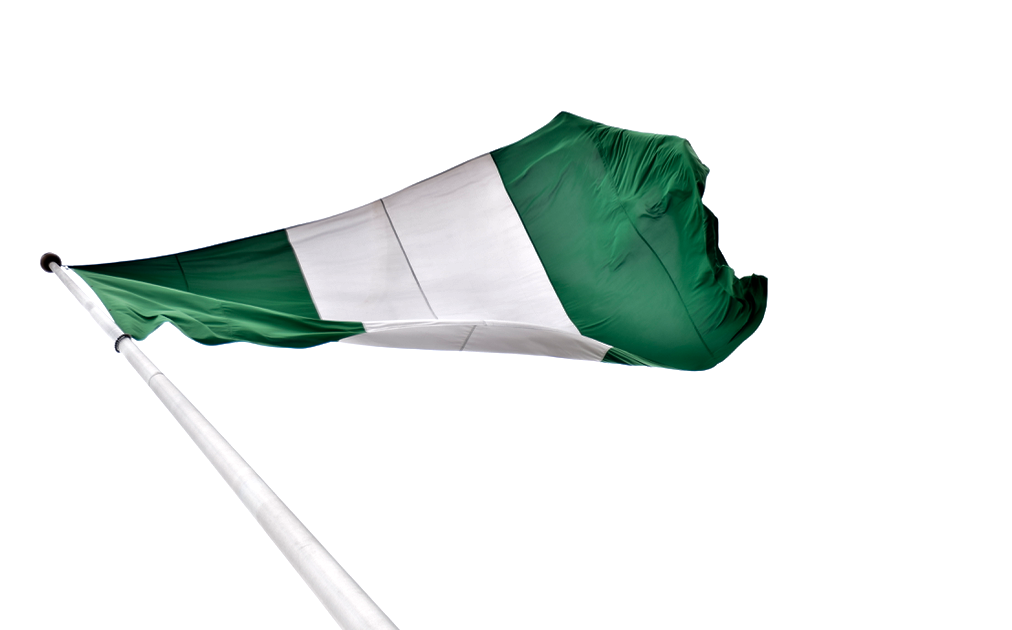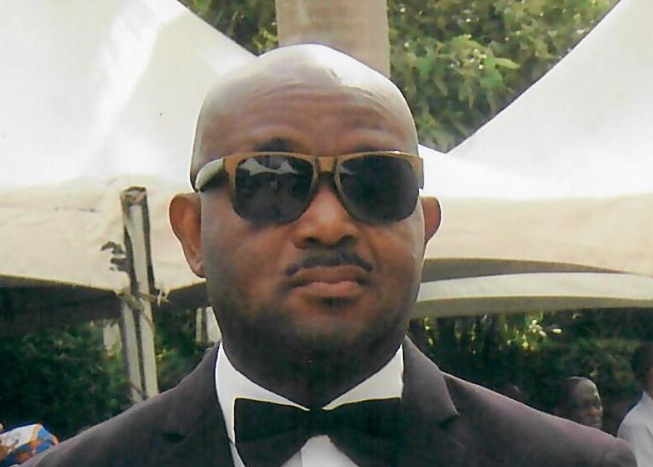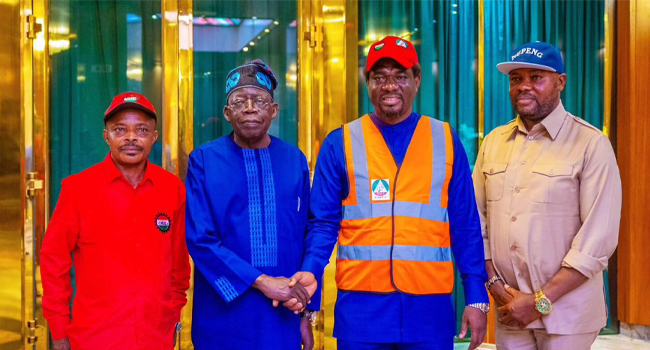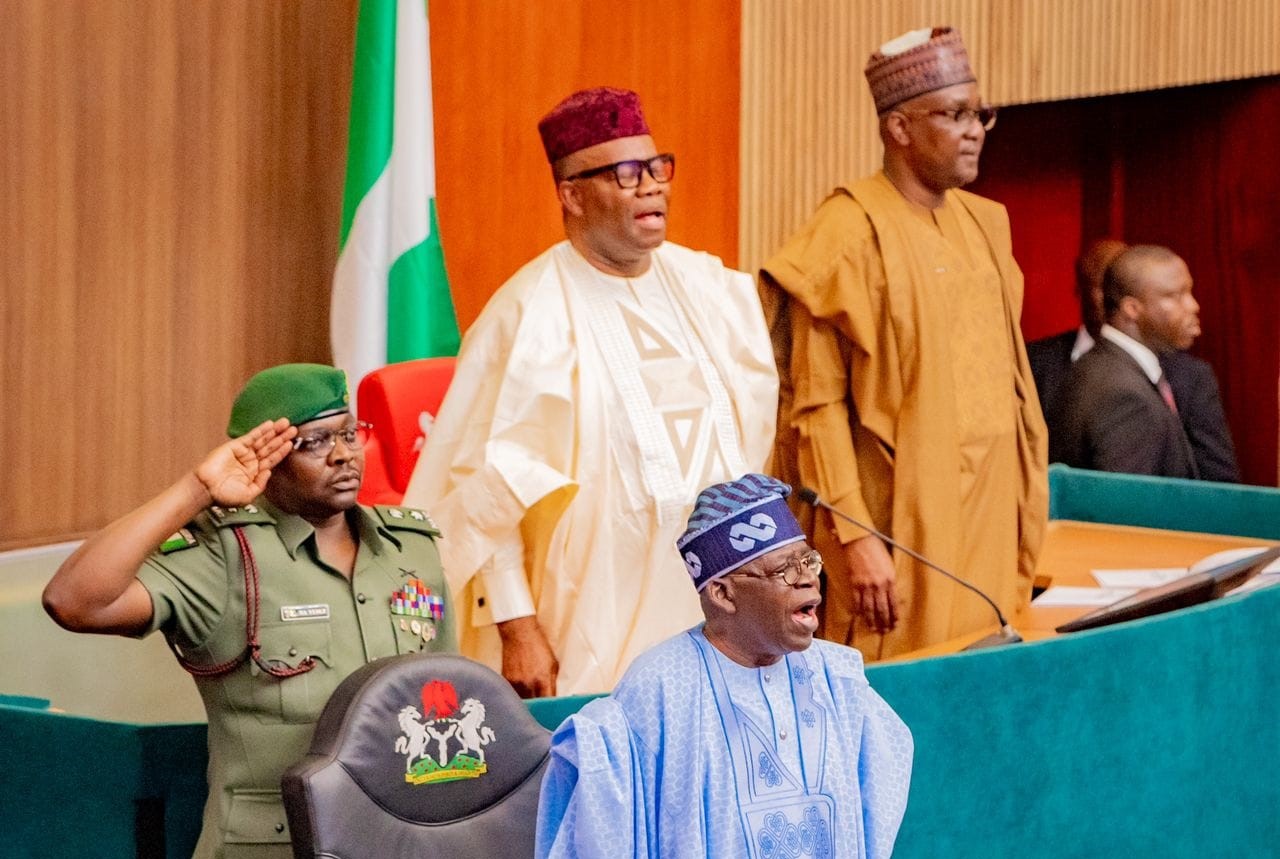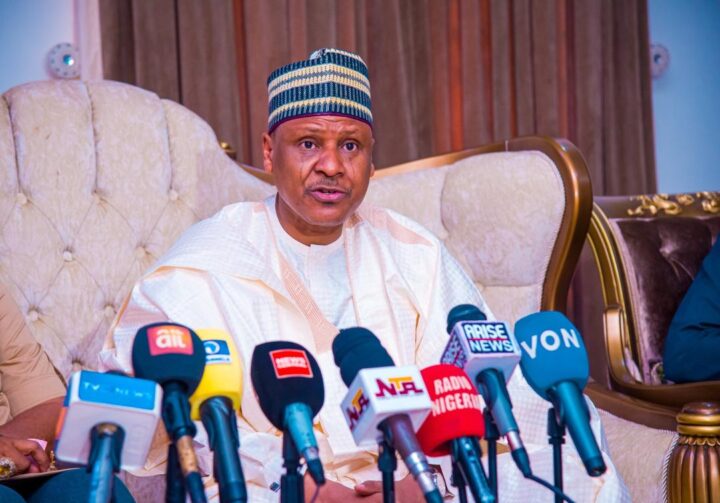As a teacher of Post-Colonial African History, nothing the Bola Tinubu government has ever done has embarrassed me as reverting to Nigeria’s old national anthem. What will I tell my students when they come back in September? Should I tell them that sixty-four years after independence, 200 million Nigerians couldn’t compose a national anthem of their own if they felt that the 1978 anthem was flawed and inadequate? With what face will I teach them of what the Belgians did to Patrice Lumumba and the people of Congo, where over eight to sixteen million Africans died between 1885 – 1908, the atrocities the British committed in Kenya against freedom fighters and the Mau Mau, the British concentration camp during the Second Boer War in South Africa or the punitive Benin expedition of 1897 when the British used 1200 men to destroy the Benin Kingdom and loot their artifacts. How do I explain to my students that the government of the so-called giant of Africa has decided to run back to the vision of our country that a pampered British expatriate suggested for Nigerians as they prepared to leave?
Here are my top ten things wrong with the new old national anthem.
1. A British woman named Lillian Jean Williams wrote the lyrics of Nigeria’s new old National anthem. We have yet to start dealing with the Post Traumatic Stress Disorder of having our name, Nigeria, given to us by the girlfriend of colonialist Mr. Frederick Lugard; now we have to add Lillian Jean Williams’ vision of Nigeria to our trauma. What could be more humiliating? It is like a woman agreeing to the name that her rapist, who got her pregnant, gave her child and singing the lullaby he wrote for the child. Tufiakwa!
2. The second line of the first stanza says Nigeria is our own native land. Is Nigeria really “our own dear native land?” Think about it. Do we, as native people in that land, feel we have the rights and privileges that natives should have in their lands? With so many of our native people now living in IDP camps, are we not heading to the same fate as native Americans now relegated to life in reservations? Governor Bala Muhammad and many like him have continued to insist that Nigeria is open to any Fulani from anywhere in the world who wants to come in and live in any forest in Nigeria. Over the last six decades, people like him have implemented that policy. So, is it still our dear native land or just for mouth? If it is our dear native land, how is it that 60 years later, we have not been able to feel free in any part of the land? Why are we hostile to each other in what is supposed to be our native land?
Advertisement
3. “Though tribe and tongue may differ…” What kind of educated illiterate still call themselves tribes in the 21st century? Most of the 250 ethnic groups in Nigeria are nations and not tribes. They were nations with their own rights before the British came. That distinction should have been clear to anyone who wants to be president of any African country. We cannot have a tribe of useless and poorly educated politicians who are ignorant of the power of words demean the about 250 nations that have existed as long as the Germans, the French, the English, and the Russians have by calling them tribes.
4. “…In brotherhood we stand.” This was an admirable aspiration some 60 years ago. But we have gone in the opposite direction for so long that we have lost the right to mouth such expression without first reversing in actions fortified in law some of the policies that make such expression mere mockery of the words. What symbol of brotherhood still exists in our nation? Is it in having some brothers enter Unity Schools with a cut-off mark of 136 while others are admitted with a score of 4? What brotherhood is there with lopsided recruitment into the DSS and other sensitive agencies of government?
5. For Nigerians to all be proud to serve, as the anthem alluded to, there should be a level playing field. And that cannot happen until merit dethrones mediocrity. For all Nigerians to be proud to serve, the pay of the elected political class and their accomplices at the top echelon of the Civil Service must be reduced drastically to where it makes sense to say that we all are proud to serve. A state House of Assembly member should not be paid more than a general, a university professor, or a brain surgeon.
Advertisement
6. About calling Nigeria “our Sovereign Motherland.” Should we not wait until we start acting like a sovereign nation? Can we make our pens and pencils? Can we refine our own crude oil? We do not make our own toothpicks. We run to Chatham House to have the colonialists vet and approve our politicians for us. Haba, where do we see the sovereignty in our motherland? At 60, shouldn’t we have outgrown this illusion of grandeur?
7. “Our flag shall be our symbol/Where truth and justice reign…” For real? It’s a beautifully crafted flag, I must say. So sophisticated and distinguished. Give me a break. And about that truth and justice… the truth about what? Our history? How can we have truth when we abhor transparency? And about justice. How many local government areas does Lagos have? How many does Kano have? Check the population of the two states and come back to me with a reasonable explanation.
8. “To hand over to our children/A banner without stain.” This one makes me laugh. First of all, no country hands over banners without stains. So, we should scratch that aspiration. The British Union Jack is littered with stains from Australia to India to Kenya. The Star Spangled Banner is dotted with more stains than all its stars, from the massacre of Native Americans to the transatlantic slave trade to Hiroshima to Haiti to Afghanistan. And since 1960, we have handed Nigeria’s banner full of stains to several generations of our children.
9. To beg God to help us build a nation where no man is oppressed could be an excellent request for a virgin nation. Sixty years later, we have done the very opposite. We have lived and relished a country where most men were oppressed to death. The stains of the massacres in Asaba, Odi, Zaki Biam, Lekki, and many others are not going to be bleached away in the next 1000 years. At this point, we should not make an insincere request like begging God to help us build a nation where no man is oppressed. We should not even pray for forgiveness of sins. Instead, we should seek severe penance. We should be rolling in the dust, gnashing our teeth, and making sacrifices to see if our sins can be forgiven.
Advertisement
10. Nigeria is blessed. We all can agree on that. So, there is no need for pleading and dreaming that Nigeria should be blessed. The question we should be asking ourselves is how did we turn Nigeria’s blessings into curses. We need to know the answer to that if we want to be able to reverse the curses. Reverting to an old, discarded national anthem is a mere whitewash.
The Lillian Jean Williams’ Nigeria National Anthem was a naive set of aspirations written by a guilty beneficiary whose exploitative people clobbered together a nation aimed at servicing their political and economic interests. It is not profoundly held aspirations of the Nigerian people who have matured and come into their own, have honestly looked at the situation they found themselves in, and have agreed to chart a new path. Nigerians returning to the old national anthem at 64 is like Bola Tinubu moving back to live in his father’s house where he was born.
Okonkwo teaches Post-Colonial African History, Afrodiasporan Literature, and African Folktales at the School of Visual Arts in New York City. He is also the host of Dr. Damages Show. His books include “This American Life Sef” and “Children of a Retired God,” among others. His upcoming book is called “Why I’m Disappointed in Jesus.”
Advertisement
Views expressed by contributors are strictly personal and not of TheCable.
Add a comment

